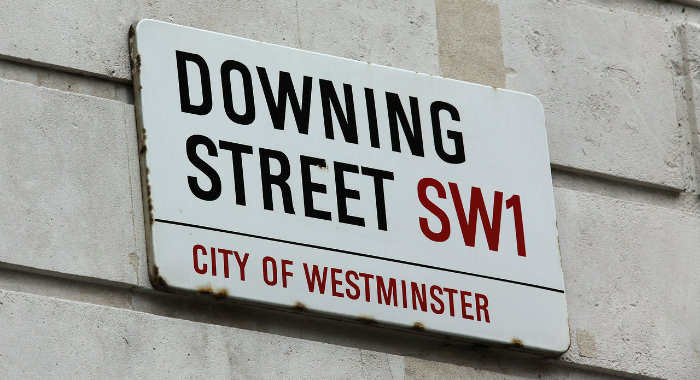Conservative Party leadership contender Boris Johnson has suggested that the burden of stamp duty – paid when a property is sold – should be switched from the purchaser to the vendor, marking a significant shift in how properties are bought and sold.
Johnson’s views
Johnson’s previous comments on the matter, expressed predominantly through his column in the Daily Telegraph, have indicated that he wants a cut in stamp duty.
Just last month, he wrote: ‘I think particularly in London there is clearly a problem with stamp duty and it needs to be addressed … I’m not going to put a figure on how much we’re going to cut but we will certainly be looking to do that because I think actually you can do that in such a way as to increase revenues if you get it right because the market is locked up at the moment.’
However, the Association of Accounting Technicians (AAT), a trade body that had suggested this policy for a number of years, claims that Johnson is considering their proposal, following a meeting that they had with the leadership candidate in early July.
He allegedly agreed to examine their recommendation in more detail, and requested further information, which has been provided.
AAT’s statement
In response to their meeting, AAT released the following statement:
AAT is naturally pleased that Boris [Johnson] has agreed to look at our long-standing proposal … this will save the taxpayer £700m a year by rendering first time buyers relief redundant.
It will also protect the £9 billion of revenue stamp duty generates as it will still be paid in full, simply by different people. It is also much more progressive as it will be paid on the lower priced property being sold rather than the higher priced property being bought.’
The numbers
Figures release by HMRC and analysed by the investment consultancy London Central Portfolio showed that stamp duty receipts fell by 8.5% in 2018 compared to the previous year.
While HMRC collected some £8.699 billion in stamp duty revenue, this represented a fall of £802 million.
In addition, receipts from the Additional Home surcharge, which is a 3% surcharge on properties bought to let or holiday homes, dropped 1402% compared to 2017. This represented a total of 18.8% of all receipts, a fall from the previous year’s total of 21.1%.
Reduction in Stamp Duty
While there have been numerous adjustments in stamp duty since 1999, with levels changed a total of thirteen times, almost always leading to an increase, this recommendation is still a seismic shift in how stamp duty is paid.
And, in addition, Johnson is also suggesting that stamp duty should be scrapped for all properties under £500,000.
This proposal would be welcomed by buyers and sellers alike, but has its critics. Scottish property agent David Alexander has described the idea as ‘disastrous’ for the Scottish economy, as it would encourage buyers to look at more expensive areas across the country, potentially moving away from the country.
There are also concerns that it could stall the market, as buyers wait and see if Johnson first wins the Tory leadership election, and then if he implements these policies.




